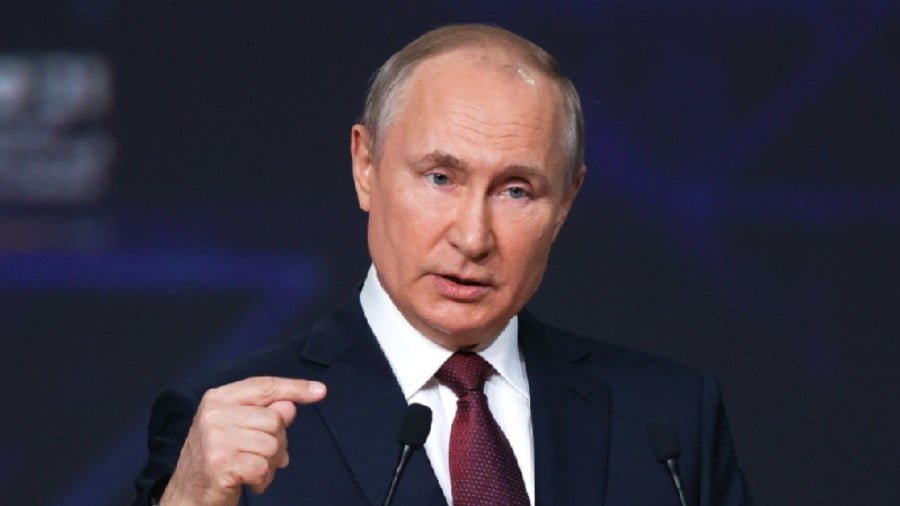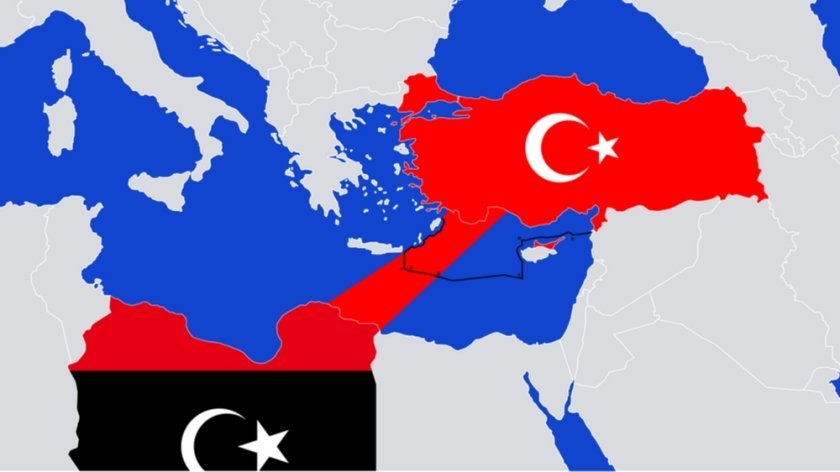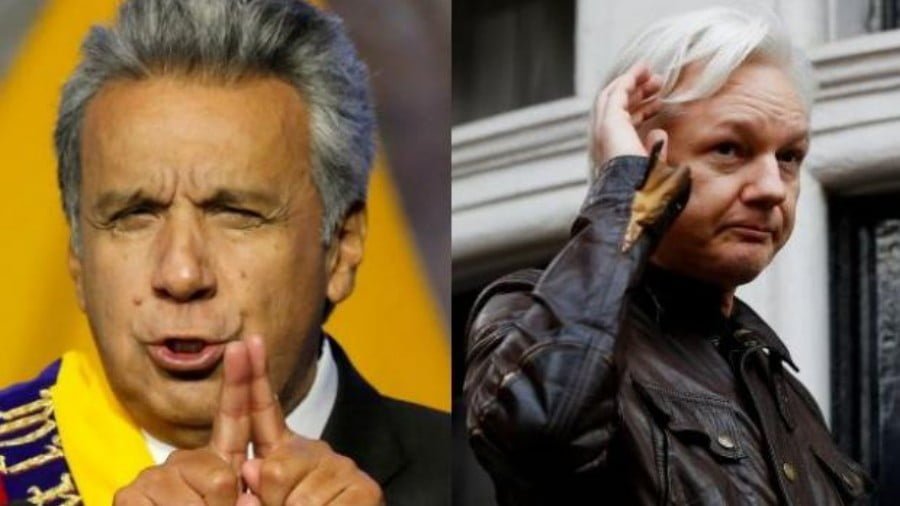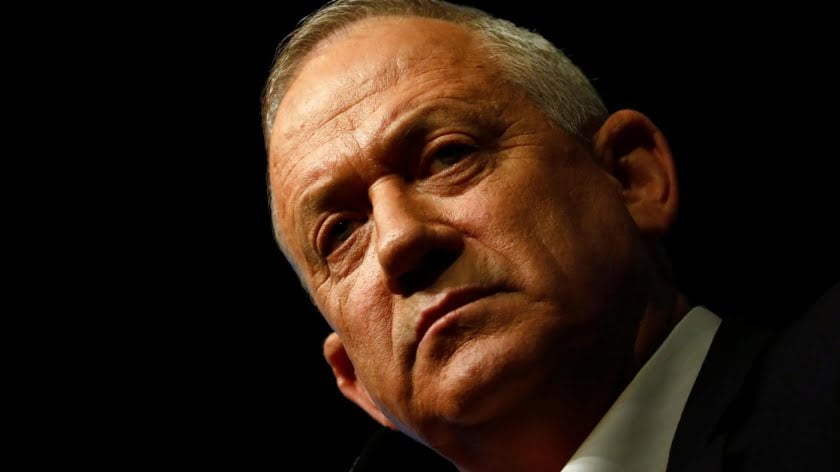Russia Will Help Lead The Global Economic Recovery After COVID-19
President Putin’s keynote speech at this year’s SPIEF was remarkable because the in-person event represented the first such large-scale international economic one since the onset of the COVID-19 crisis early last year. It therefore shows that everything is eventually normalizing across the world but that much work still remains to be done, especially in ensuring an equitable global economic recovery and with respect to universal access to vaccines for all.
Russian President Vladimir Putin gave the keynote speech at this year’s Saint Petersburg International Economic Forum (SPIEF) last week where he promised that his country will help lead the global economic recovery after COVID-19. He emphasized that the very fact that this in-person meeting was taking place at all speaks to the gradual normalization of the international economy and life in general. The Russian leader also expressed optimism about the future of global economic growth this year and attributed it to the fiscal policies implemented by many countries’ Central Banks.
Nevertheless, President Putin warned about the problems of an uneven global economic recovery. He reminded everyone that the 16% of the world that lives in high-income countries is responsible for approximately 50% of COVID-19 vaccine production, which is why they’re recovering faster than developing countries which largely lack COVID-19 vaccine access, production capabilities, and even funds to purchase such treatments. The Russian leader lamented that some countries haven’t fulfilled their responsibility to help others, and he also condemned those states’ politicization of approving certain vaccines in a clear jab at the US.
Unlike those unnamed but clearly implied countries, he emphasized that Russia’s Sputnik V isn’t just registered in approximately 66 countries, but is also setting up production facilities in many of them in order to boost its partners’ capabilities. This, he believes, will accelerate their economic recovery and thus be in everyone’s interests. On the home front, President Putin elaborated on all the measures that his country has already taken to survive the economic crisis and thus successfully avoid a catastrophe. Looking ahead to the next couple of years, he then outlined Russia’s plans for ensuring high-quality growth and attracting more investment.
These include targeted and tailored solutions for each of its many regions across the world’s geographically largest country such as government-subsidized infrastructural loans, improved cooperation between the central and regional authorities, youth employment and entrepreneurship programs, responsible deregulation, affordable housing schemes like building upon the crisis-era mortgage program, continued support for small- and medium-sized business, and tax reform. His detailed articulation of each of these policies was intended to improve Russia’s attractiveness for foreign investors by highlighting its future competitiveness.
Speaking of which, President Putin devoted a considerable amount of the last third or so of his speech to Russia’s role in helping to resolve the global climate crisis. He reiterated its commitment to relevant pacts such as the Paris Agreement and expressed hope that all countries will work together to overcome this civilizational challenge without politicizing it for the purpose of withholding investment, trade, and technology flows. The Russian leader then described the potential consequences of uncontrollable climate change for his country’s Far North and Siberian regions in order to reassure everyone of how seriously Moscow takes these threats.
President Putin then proceeded to describe Russia’s promising role in the emerging market of carbon units. His country has colossal potential because of its vast size and the fact that it accounts for around a fifth of the world’s forests which can help absorb carbon emissions. By prioritizing reforestation, expanding natural reserves, and improving land rehabilitation, he hopes that Russia will become a global leader in this field. He then described the merits of this vision whereby more investment in green technology will result in improved land rehabilitation which in turn leads to higher-quality jobs and better living standards for all.
As a proof of concept, President Putin revealed that Russia is pioneering a combined AI and satellite system that will monitor CO2 emissions, water resources, and other such items of relevance in real time. The country even plans to unveil a carbon unit pilot project in its Far Eastern region of Sakhalin to test all of this out. For the world to truly benefit from this emerging market, however, President Putin said that there must be mutual recognition of a system for calculating carbon emissions, absorption, etc., to which end he ordered the Russian government to come up with a regulatory framework for this by July 2022.
All in all, President Putin’s keynote speech at this year’s SPIEF was remarkable because the in-person event represented the first such large-scale international economic one since the onset of the COVID-19 crisis early last year. It therefore shows that everything is eventually normalizing across the world but that much work still remains to be done, especially in ensuring an equitable global economic recovery and with respect to universal access to vaccines for all. The Russian leader also knows that the world must take advantage of this unique opportunity to optimize the global economy, hence the need to focus on the carbon unit market going forward.







